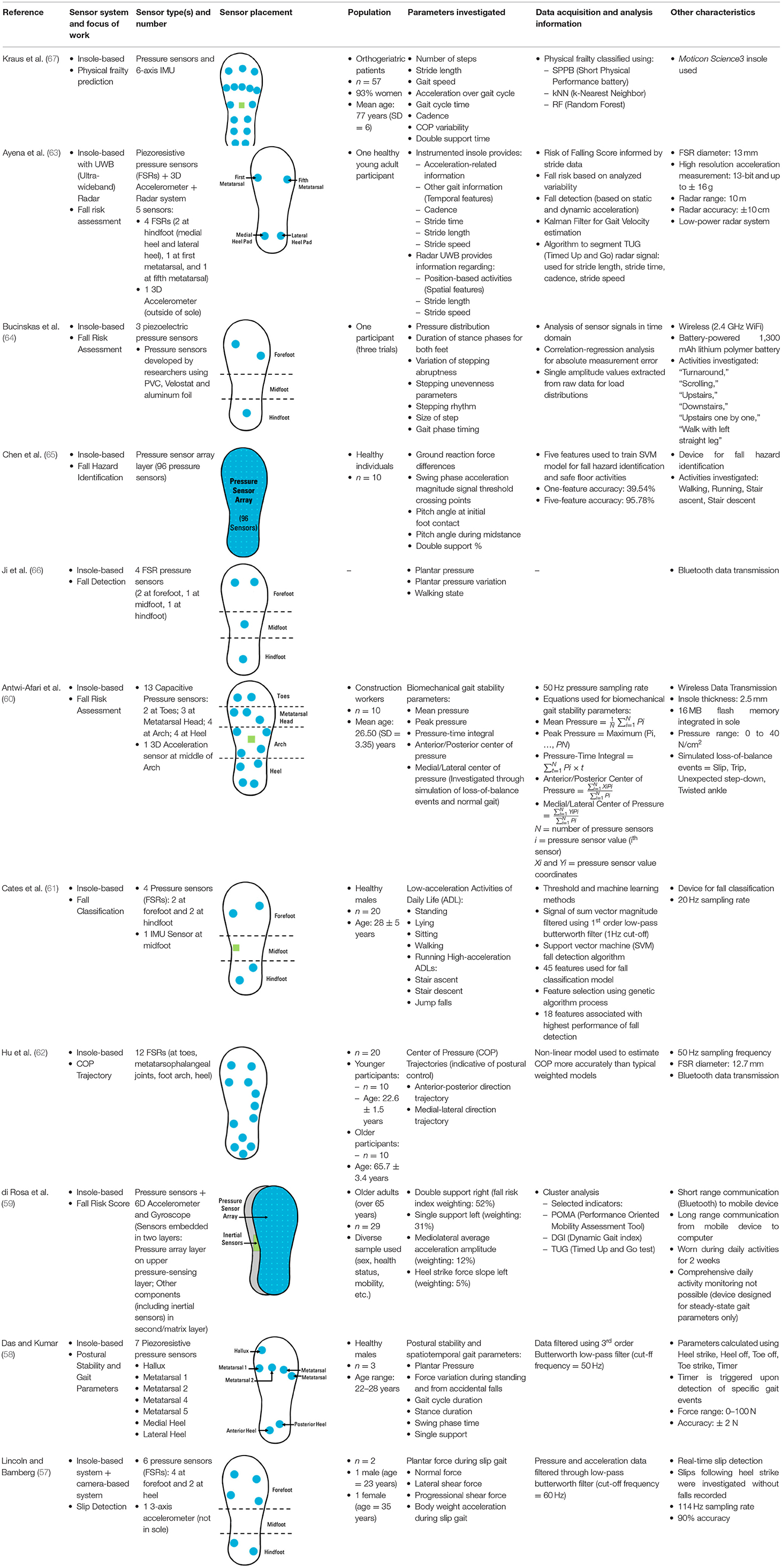Dementia Fall Risk for Beginners
Table of ContentsTop Guidelines Of Dementia Fall RiskMore About Dementia Fall RiskThe Single Strategy To Use For Dementia Fall RiskGet This Report on Dementia Fall RiskA Biased View of Dementia Fall Risk
Examining loss threat helps the entire healthcare team create a safer atmosphere for every individual. Make sure that there is an assigned location in your clinical charting system where personnel can document/reference scores and document pertinent notes connected to fall prevention. The Johns Hopkins Fall Threat Analysis Device is one of numerous devices your staff can utilize to aid protect against negative medical events.Client falls in hospitals are usual and devastating negative events that linger regardless of decades of effort to decrease them. Improving interaction across the analyzing registered nurse, care group, individual, and client's most involved loved ones may reinforce loss avoidance efforts. A group at Brigham and Female's Health center in Boston, Massachusetts, sought to create a standardized autumn avoidance program that focused around boosted interaction and person and family members interaction.

The innovation team highlighted that successful implementation depends upon client and team buy-in, combination of the program right into existing process, and integrity to program procedures. The group kept in mind that they are grappling with how to ensure continuity in program implementation throughout periods of crisis. Throughout the COVID-19 pandemic, for example, a boost in inpatient drops was linked with restrictions in patient involvement together with restrictions on visitation.
Dementia Fall Risk for Dummies
These occurrences are typically taken into consideration avoidable. To implement the treatment, companies need the following: Accessibility to Fall pointers resources Loss ideas training and retraining for nursing and non-nursing personnel, consisting of new registered nurses Nursing workflows that permit for patient and family involvement to conduct the falls analysis, guarantee usage of the prevention strategy, and conduct patient-level audits.
The results can be very damaging, frequently speeding up person decrease and causing longer healthcare facility stays. One research study approximated keeps raised an extra 12 in-patient days after a person fall. The Fall TIPS Program is based upon interesting people and their family/loved ones across 3 major procedures: assessment, personalized preventative treatments, and bookkeeping to ensure that clients are taken part in the three-step autumn avoidance process.
The patient evaluation is based upon the Morse Autumn Range, which is a verified fall threat assessment device for in-patient hospital setups. The range includes the 6 most common factors individuals in health centers fall: the individual autumn background, high-risk conditions (including polypharmacy), use IVs and other external devices, mental condition, gait, and wheelchair.
Each threat factor relate to several actionable evidence-based interventions. The registered nurse creates a plan that integrates the interventions and shows up to the care team, patient, and family on a laminated poster or published visual aid. Nurses develop the plan while consulting with the patient and the patient's family.
The 7-Minute Rule for Dementia Fall Risk
The poster functions as a communication device great site with other participants of the person's care group. Dementia Fall Risk. The audit component of the program includes examining the individual's knowledge of their threat factors and avoidance strategy at the system and health center degrees. Registered nurse champs perform a minimum of 5 private meetings a month with individuals and their families to check for understanding of the loss avoidance plan

A projected 30% of these drops outcome in injuries, which can range in extent. Unlike other unfavorable events that need a standard scientific response, autumn prevention depends highly on the needs of the client.
Getting My Dementia Fall Risk To Work

Based on auditing results, one site had 86% conformity and two websites had over 95% conformity. A cost-benefit evaluation of the Fall suggestions program in 8 healthcare facilities estimated that the program price $0.88 per individual to execute and caused cost savings of $8,500 per 1000 patient-days in direct prices associated you could try these out with the avoidance of 567 drops over three years and eight months.
According to the development group, organizations curious about implementing the program ought to perform a readiness assessment and falls prevention gaps analysis. 8 Additionally, companies should make certain the essential infrastructure and workflows for application and develop an implementation plan. If one exists, the company's Loss Avoidance Job Force ought to be associated with planning.
What Does Dementia Fall Risk Do?
To begin, companies should make certain completion of training modules by registered nurses and nursing assistants - Dementia Fall Risk. Medical facility team ought to evaluate, based on the needs of a healthcare facility, whether to use a digital health and wellness record printout or paper variation of the fall avoidance strategy. Applying groups need to hire and train registered nurse champs and develop procedures for bookkeeping and reporting on fall data
Team need to be associated with the procedure of upgrading the workflow to engage clients and household in the assessment and prevention plan process. Systems ought to remain in place so that systems can comprehend why a loss took place and remediate the cause. Much more specifically, registered nurses ought to have networks to offer continuous feedback to both staff and unit management so they can adjust and improve autumn avoidance operations and interact systemic problems.